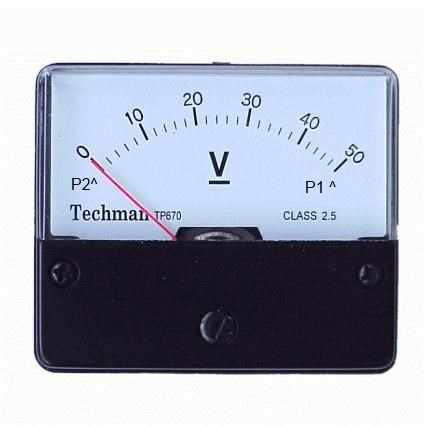So I have been salvaging old laptop batteries to build an electric scooter and I have found a way to measure capacity, but not series resistance. The long route is to individually calculate it all out one by one with a multimeter, or I could do something else... The method is to measure open circuit voltage, then loaded voltage (V1-V2)*R/V2 gives you the result. I have built a toggled load of a 3 ohm resistor that at a press of a button loads the cell. I want to use a standard panel meter to read the voltage across the battery terminals, but to confine the results to about 400 millivolts. Anything more than that and the battery is no good. I have started with a simple resistor divider across the power to the panel meter, but this gives a very small needle movement. I then added a transistor in line with the movement as well as the trimmer to calibrate it. This helped some, but it still won't give me full scale. I really don't know where to go from this.
TLDR
I want to twist a potentiometer to set the needle to P1, and have P2 be about 500 millivolts less than P1, no matter what voltage I feed it. (within the range of 3-4.2 volts) This 500 millivolt range needs to stay constant no matter what the main voltage is.
Sorry if you can't understand much of what I put here, been working on this all night.
